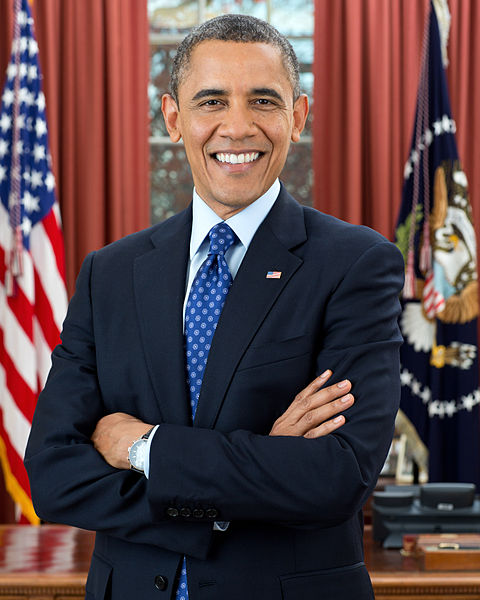(Reuters) – Erich Mulato walked out of a dingy workshop in this mountain village and into a gold shop next door, clutching a handful of shiny warm nuggets newly refined from the ore he had brought in.
The 53-year-old father of six had come off a 24-hour shift at one of the hundreds of small-scale mines in this region of southern Philippines. He sold the 5.49 grams of gold in his hand – his share of the day’s output – for 8,260 pesos ($200). That’s more than 16 times what a manual laborer earns daily in Manila.
“Here, we can easily make money,” Mulato said, blowing smoke from a cigarette as he waited for his money at the gold shop. “Whatever we want to buy, we can buy … Making a living is better here.”
Better for Mulato, but not for the Philippine government.
In all likelihood, Mulato’s gold will find its way through middlemen and into the luggage of a tourist or the black market in Manila – not to its only legal destination, the Bangko Sentral ng Pilipinas or the central bank.
Up to 90 percent of small-scale Philippine gold production is being smuggled out of the Southeast Asian country, according to estimates from officials and traders, much of it to China.
Reuters has the full article










